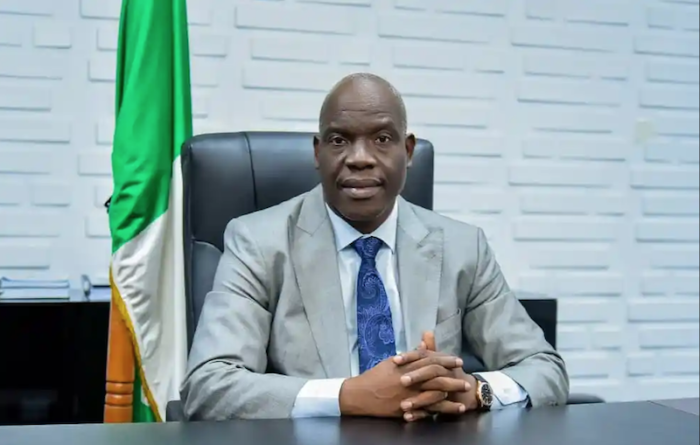The Managing Director of Cowry Asset Management Limited, Mr. Johnson Chukwu, has highlighted concerns over Nigeria’s inflation outlook, despite a recent decline in the inflation rate to 32.19 per cent in August 2024.
Speaking at a third-quarter webinar on Nigeria’s economic landscape, Chukwu attributed the drop in inflation to improved agricultural yields during the harvest season but warned of potential inflationary pressures as the year progresses.
“This decline reflects a notable impact on the food index; however, as we approach Q4 2024, rising fuel prices—exceeding N1,000 per litre—are expected to drive up the prices of goods and services, potentially reversing recent gains,” Chukwu stated.
The webinar, organized by Cowry Asset Management Limited, comes amid growing concerns over the rising cost of petrol across the country.
The Nigerian National Petroleum Corporation (NNPC) recently increased the price of petrol at its retail stations to N1,030 per litre in Abuja, up from N897.
In Lagos, the price rose to N998 per litre from N868. Similar hikes were recorded in other regions, leading to widespread public discontent. This marks the second fuel price increase in a month, representing a 14.8% rise or an additional N133 per litre.
Chukwu also raised concerns about the Central Bank of Nigeria’s (CBN) monetary policy measures, suggesting that the ongoing structural issues—such as inadequate infrastructure, high fuel costs, unreliable power supply, and logistical challenges—may hinder the effectiveness of efforts to control inflation.
“These persistent issues hinder the overall effectiveness of policy measures aimed at stabilizing prices,” he said.
In response to the fuel price hike, President of the Nigerian Association of Chambers of Commerce, Industry, Mines and Agriculture (NACCIMA), Dele Oye, expressed concern about its impact on businesses and households. He noted that the rising cost of petrol would lead to increased transportation costs, further exacerbating inflation and straining the resources of micro, small, and medium enterprises (MSMEs), many of which rely on petrol-powered generators for their operations.
“Many SMEs depend on affordable logistics to stay competitive. As freight charges increase, they face difficult choices: either pass the costs onto consumers or absorb the expenses, which could erode their profitability. This situation may lead to reduced investment in growth or innovation, stagnating the sector,” Oye said.
He added that the overall economic environment for SMEs could shift from one of potential growth to survival mode, limiting job creation and economic development across Nigeria. Furthermore, Oye warned that the fuel price increase could lead to inflated living costs for households and reduced profit margins for businesses, which may ultimately result in job losses.
The challenges brought on by the rising cost of fuel and other economic pressures highlight the need for comprehensive policy measures to address both short-term and structural issues impacting inflation and economic stability in Nigeria.





